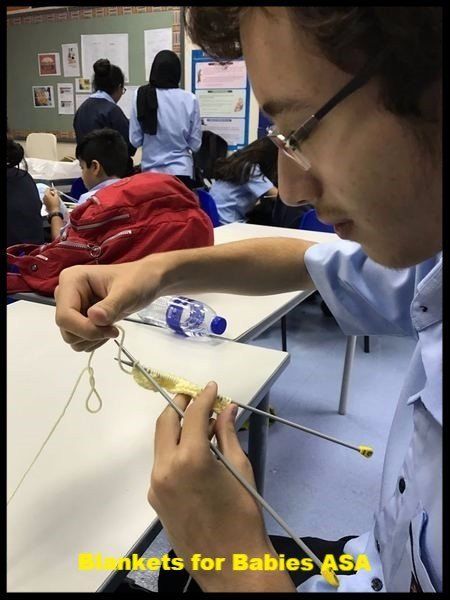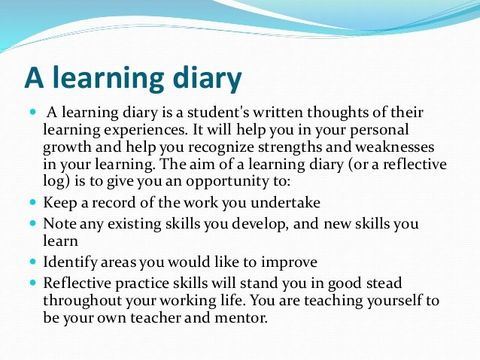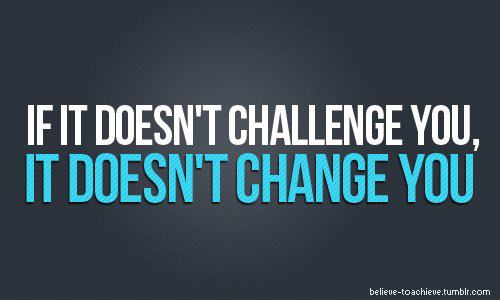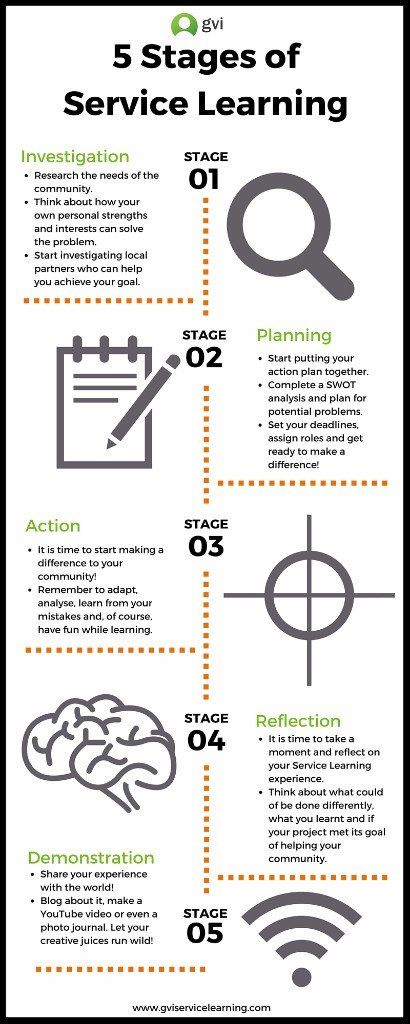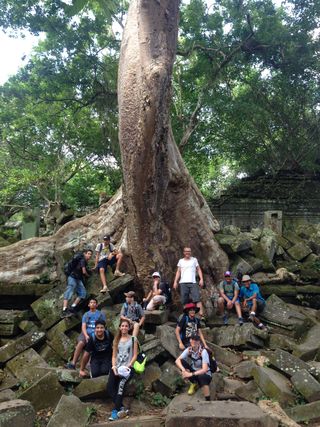Year 11 Students: will complete 1 large in-depth project over term 1 & 2
What is not does not count as Service and Action?
Getting Started 'write up' and 'reflections' on ManageBac
THE FIVE STAGES OF SERVICE AND ACTION:
1) Investigation: - Students must show planning and consideration of knowledge about the issue or theme.
2) Preparation: students must log preparation in the form of reporting on/ recording their Action through a timeline, what resources they have used.
3) Action: Students must Implement an action plan. They will do this by working Independently or through cooperative work.
4) Reflection:
what happened? expression of feelings, generation of ideas. Reflection should happen at intermittent periods during and at the end of projects. It is the summation of ides and allows students to synthesize, revise and rethink ideas. -Every year group has a minimum for written reflections required for each project. These must be in-depth not merely comment.
5) Demonstration: This involves the students making explicit what they have learned and how they learned a particular skill through their chosen outcomes
_____________________________________________________
Supervisor Review: The SA advisor reviews all evidence and planning, Making a decision on much progress has been made against the selected outcomes ( this is the form tutor)
